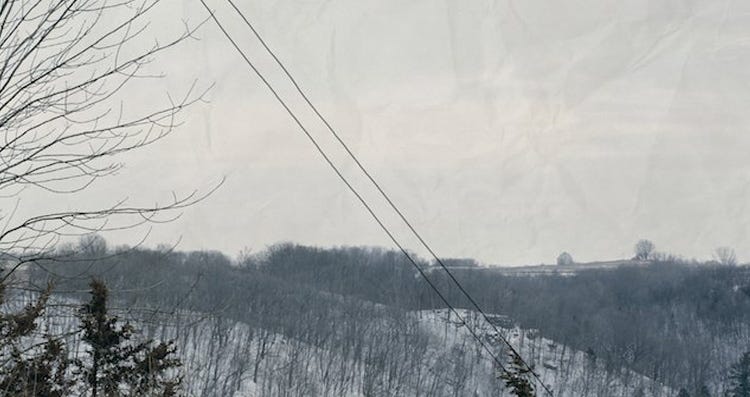Books & Culture
The Losing Nature in Everyone
The Annie Year is an ambitious debut that offers sharp characterizations of both its protagonist and small towns

This year is an Annie year at Tandy Caide’s small-town high school. Not an Oklahoma year or a Hello Dolly year or a Guys and Dolls year. Tandy Caide, CPA, and patron of high school theater arts, is, as always, sitting in the front row of the local production when she discovers the new Vo-Ag teacher, tearing up in response to a scene from Annie. Tandy is married to obese, alcoholic Gerald, who spends his time eating sandwiches in their backyard hot tub, but she throws herself into an affair with the ponytailed, beaded belt and man clog-wearing, quixotic Vo-Ag teacher, threatening both her livelihood and the town’s sense of stability.
Stephanie Wilbur Ash’s debut novel, The Annie Year is many things: a comedic novel of droll diction, a tongue-in-cheek send-up of accountants, high school FFA and theater culture, and a realistic study of the ways small-town life remains enslaved by tradition, while elements like meth use threaten communities that lack programs to meaningfully deal with poverty. The tone of Ash’s novel is light, but her observations of life in rural Iowa are more discerning than you’d expect. The Annie Year is an ambitious debut that offers sharp characterizations of both its protagonist and small towns.
Ash’s tone throughout The Annie Year is conversational, underplaying even her protagonist’s darkest moments of turmoil. Tandy comes from a difficult upbringing, losing her mother early, and taking her alcoholic father’s place in the family business after his death. But until meeting the Vo-Ag teacher, she has largely made things work for herself. What becomes clear early on is that she does this by not being very self-reflective. When things begin to unravel for Tandy, the juxtaposition of Ash’s light tone reminds the reader of the importance of oral histories in small communities, and the way that tragedies are downplayed, reframed, and retold in order to be processed. Tandy is close to several of her father’s friends, who remind her that “everything has gone downhill since 1976” — basically since the moment Tandy was born. Ash does a nice job of capturing the ever-present sense of nostalgia that characterizes small-town life. She interjects direct appeals to the reader, assuring us that her life is not the same as what people in our town would have or want. In this way, she also taps into the kind of small-town pride that’s built on a sense of exceptionalism.
While The Annie Year is many things, it is foremost a novel of its heroine’s late coming of age. Tandy did not have a chance to find herself as a child because she was caring for a drunk father, and then in college, her father controlled her life and forced her into the family business. Through her affair with the Vo-Ag teacher and a mentor-type friendship with Mueller, one of the town’s patriarchs, the disasters that her affair bring lead to a kind of late development. The best bits of Ash’s writing are her observations about self-realization and growing up. “I have learned in my many years as both a businesswoman and a human being,” Tandy says,
that the scariest things that happen to you — the defining things, the snapping-branch things — actually happen very quickly. They take up only seconds of your real life. It is in your brain later that they happen slowly, over and over again.
Through the misfortunes that force Tandy to see herself as others see her, she begins to understand where she comes from as well as the fact that she has options. Though Tandy has been working as a CPA in the town for many years, at the start of the novel she lives a small, protected life. Once she entangles herself with the Vo-Ag teacher and a group of his students, she has the opportunity to examine her life for the first time.

The Annie Year presents a complex heroine that “accept[s] the losing nature in everyone…” The message of the book seems to be that small-town life is better for its complicated, flawed characters. The Vo-Ag teacher is not who he first appears to be, and several elements of the plot are a bit predictable. But Ash’s subtlety in allowing her character to come to know herself as a flawed, worthwhile member of a flawed, worthwhile community, is heartening. Ash has a flair for comedic writing, but her witty syntax allows her to slip in some deft observations about small-town life. The Annie Year is weird and fun. But it says something important about the intersection of small business life and burgeoning meth farms in pastoral America.









